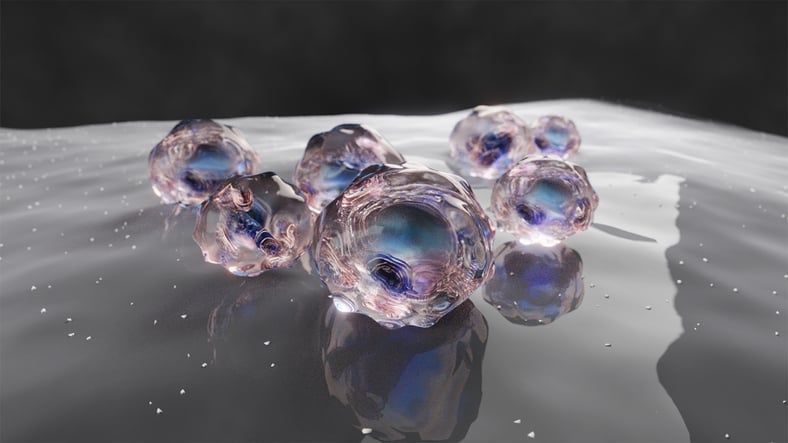
History is coming full circle as induced pluripotent stem (iPS) cell-derived cell therapy maker Shinobi Therapeutics links up with Panasonic and Japan’s Kyoto University, where the first mouse iPS cells were produced back in 2006.
Shinobi has entered an accord with electronics company Panasonic and Kyoto University’s Center for iPS Cell Research and Application (CiRA) in a bid to engineer a new manufacturing platform designed to crank out iPS-T cell therapies more efficiently and at lower costs than currently possible.
Panasonic is on deck to create the closed-system manufacturing device, which will leverage Shinobi’s iPS-T cell platform and research from Kyoto University, according to a press release issued Thursday.
The end goal is to “significantly” boost accessibility of cell therapies around the globe, Shinobi and Panasonic said.
Shinobi and Panasonic expect the first phase of the partnership to wrap up next April with the reveal of the partners’ initial prototype.
The partners say the device will draw upon Shinobi’s iPS-T cell technology, which itself is girded by a decade’s worth of iPS cell research performed at CiRA by Shinobi’s co-founder Shin Kaneko, M.D., Ph.D., using iPS cells originally created by Nobel laureate Shinya Yamanaka, M.D., Ph.D.
IPS cells are similar to embryonic stem (ES) cells but come without much of the ethical and political baggage given that they’re derived from adult somatic cells rather than early-stage human embryos. It was in Yamanaka’s lab at Kyoto University where mouse iPS cells were first produced in 2006, according the university’s CiRA group, which will be working with Shinobi and Panasonic on the partners’ new manufacturing platform. Human iPS cells were first independently produced in 2007.
Despite the promise of cell therapies, manufacturing limitations have proven a perpetual hurdle for the class of personalized medicines.
In turn, several new companies have emerged in recent years with unique platforms and approaches designed to circumvent the cell therapy production bottleneck.
Back in March, automated production specialist Cellares hit a major milestone when it received a current Good Manufacturing Practice (cGMP) endorsement for its Cell Shuttle factory-in-a-box. Cellares has managed to reel in big-name partners like Bristol Myers Squibb with the promise of its platform.
Meanwhile, Thermo Fisher Scientific inked a deal with Multiply Labs in February in a bid to fully automate advanced therapy production. The project aims to combine Multiply’s robotic production technology with Thermo Fisher’s cell therapy instruments. The two companies have been working together on improving cell therapy manufacturing since 2022.
Read Again https://news.google.com/rss/articles/CBMif2h0dHBzOi8vd3d3LmZpZXJjZXBoYXJtYS5jb20vcGhhcm1hL3NoaW5vYmktc3RyaWtlcy1kZWFsLWVsZWN0cm9uaWNzLXBvd2VyaG91c2UtcGFuYXNvbmljLWNyZWF0ZS1uZXctY2VsbC10aGVyYXB5LW1hbnVmYWN0dXJpbmfSAQA?oc=5Bagikan Berita Ini















0 Response to "Shinobi strikes deal with electronics powerhouse Panasonic to create new cell therapy manufacturing platform - FiercePharma"
Post a Comment